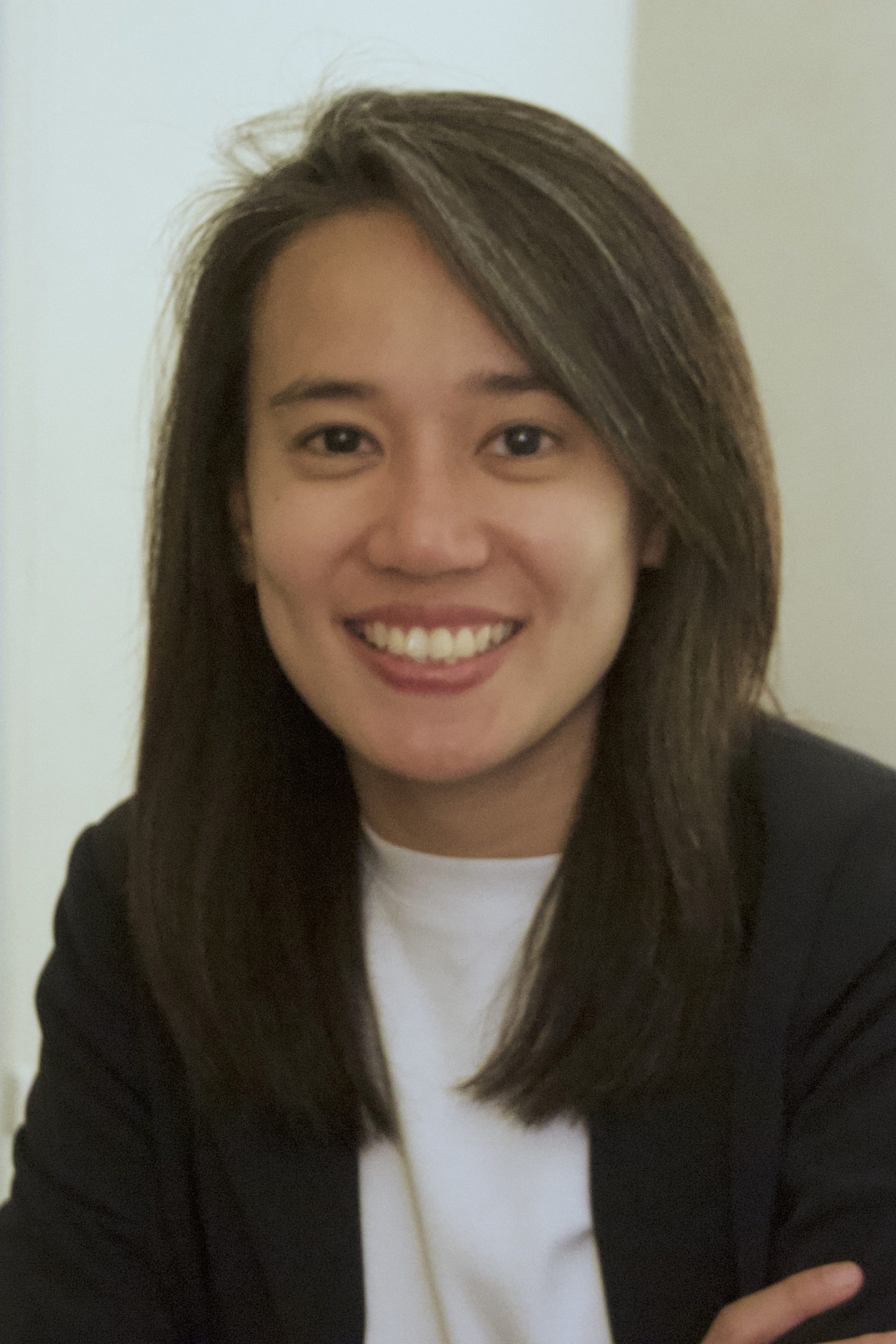Five DLSPH Researchers Awarded 2024 Canada Research Chairs
November 18/2024
The prestigious appointment of five DLSPH faculty members as 2024 Canada Research Chairs, recognizes their leadership and contributions in their respected fields.
By Ishani Nath

(From L to R): 2024 Canada Research Chairs Mikaela Gabriel, Jude Kong, Andrea Tricco, Amy Yu and Camellia Zakaria
The Canada Research Chair Program invests an estimated $311 million every year to support and retain researchers at post-secondary institutions across the country.
There are two types of Canada Research Chairs: Tier 1 ($200,000 per year for seven years) is awarded to researchers who are recognized by their peers as world leaders in their fields. Tier 2 ($100,000 annually for five years, with potential additional stipend) is awarded to exceptional emerging researchers.
The DLSPH faculty who recently received this honour are changemakers with research ranging from Indigenous mental health to stroke outcomes.
Mikaela Gabriel

Prof. Mikaela Gabriel
Mikaela Gabriel’s research and clinical work focus on the health and wellbeing of Indigenous Peoples. Gabriel, an Assistant Professor at the Waakebiness Institute for Indigenous Health at DLSPH, has been appointed a Tier 2 Canada Research Chair in Indigenous Women and 2-Spirit Mental Health and Homelessness.
“This appointment is a powerful honour for me as a DLSPH faculty member, researcher, clinician, and, most importantly, as an Indigenous woman,” says Gabriel, who is Italian and Mi’kmaq of Ktaqmkuk. “That honour comes with responsibility – a responsibility to uplift the voices and lived realities of Indigenous women and 2-Spirit peoples, and to apply every ounce of my effort into translating their needs and experiences into meaningful, actionable change for care systems and service providers so they are better connected and equipped to meet the mental health and housing needs of Indigenous Peoples.”
Jude Kong

Prof. Jude Kong
Assistant Professor Jude Kong received a Tier 2 Canada Research Chair in Community-Oriented Artificial Intelligence and Mathematical Modelling of Infectious Diseases (CAIDIM). As a Canada Research Chair, he plans to work alongside communities to develop and deploy responsible AI and mathematical methodologies and technologies to strengthen public health systems.
“This Chair will be transformative for my research, fostering deeper partnerships with communities to ensure our solutions truly reflect their needs and experiences. It allows us to amplify an approach where community voices shape the problems we address, creating solutions that resonate and are readily adopted,” says Kong, Executive Director of the Artificial Intelligence and Mathematical Modelling Lab (AIMM Lab). “With this Chair appointment, I will attract talented researchers and students to my lab, strengthening our research capacity and driving meaningful progress in public health preparedness and response.”
Andrea Tricco

Prof. Andrea Tricco
Associate Professor Andrea Tricco’s research program focuses on advancing the science of knowledge synthesis. She received a Tier 1 Canada Research Chair in Knowledge Synthesis for Knowledge Users.
“I am incredibly thrilled to have been selected for this great honour,” says Tricco. “The Canada Research Chair will allow me to continue my work advancing the science of knowledge synthesis methods to put research results into the hands of those who need it the most – patients and the public, healthcare providers, and policymakers. Now more than ever, reliable and trustworthy evidence is needed for decision-making and my research will help fill this gap in Canada and beyond.”
Amy Yu

(Photo: Kevin Van Paassen/Sunnybrook)
Amy Yu’s research uses administrative and clinical data to inform and design stroke health services in Canada and improve stroke care and outcomes. Yu, an Associate Professor at the Institute for Health Policy, Management and Evaluation (IHPME), was awarded a Tier 2 Canada Research Chair in Data-Driven Design of Stroke Systems.
“It is an incredible honour to receive a Canada Research Chair, which recognizes the innovation, creativity, and excellence of my team’s research program,” says Yu. “The Chair provides critical resource to grow my research program, build capacity by supervising stroke trainees and highly qualified personnel, develop new collaborations, and positively impact stroke services provision.”
Camellia Zakaria

Prof. Camellia Zakaria
Camellia Zakaria, an Assistant Professor in DLSPH’s Biostatistics Division and IHMPE, researches new ways to use mobile devices and interconnected systems to monitor and analyze health. She was appointed a Tier 2 Canada Research Chair in Mobile Health Solutions.
“Being named a Canada Research Chair profoundly reflects DLSPH’s trust and confidence in me, renewing my motivation as an early-career researcher,” says Zakaria. “This appointment provides greater strategic collaborations and student outreach opportunities in our ongoing efforts to adopt, administer, and advance equitable innovations that rebalance public health services across communities. I am grateful for the support of my colleagues and mentors.”